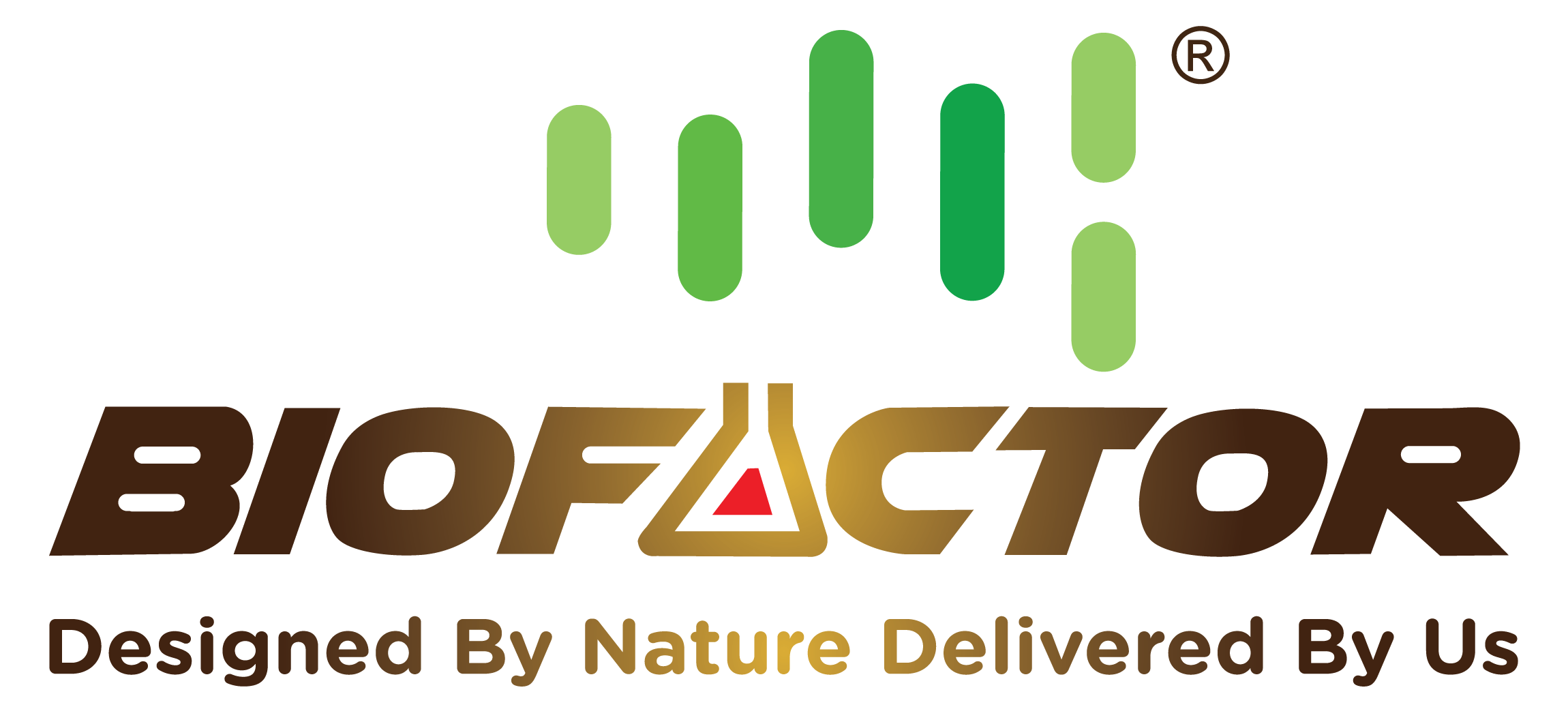NPK and Plant Growth: Understanding the Benefits of these Essential Nutrients
Plants need nutrients to grow and thrive, just like we do. These essential nutrients can be found in the soil and are taken up by the plant roots. While there are several types of plant nutrients, the three main ones are nitrogen (N), phosphorus (P), and potassium (K), commonly referred to as NPK. Understanding the role of NPK in plant growth can help you make informed decisions about how to care for your plants.
Nitrogen (N) is essential for leaf growth and is responsible for the vibrant green color of leaves. It is a key component of chlorophyll, which is the pigment in plants that allows them to photosynthesize. Without sufficient nitrogen, plants will have yellowing leaves, stunted growth, and a general lack of vigor.
Phosphorus (P) is critical for root growth, flower and seed production, and overall plant health. It is also important for energy transfer within the plant, helping to support the process of photosynthesis. Phosphorus deficiencies can result in slow growth, small leaves, and reduced flower production.
Potassium (K) is important for overall plant health, including water uptake, stress tolerance, and disease resistance. It is also essential for proper root development and the synthesis of proteins, starches, and sugars. Without enough potassium, plants may experience stunted growth, yellowing leaves, and reduced yields.
When planting, it is important to make sure that your soil contains sufficient levels of NPK. You can do this by having your soil tested or using a fertilizer that contains a balanced ratio of NPK. For established plants, regular application of a balanced fertilizer can help maintain optimal levels of NPK and ensure healthy growth.
In conclusion, NPK plays a crucial role in the growth and development of plants. Nitrogen is essential for leaf growth and chlorophyll production, phosphorus for root growth and flower production, and potassium for overall plant health and stress tolerance. By understanding the importance of NPK and taking steps to ensure that your plants receive adequate levels, you can help your plants grow and thrive.



7 Comments
דירות דיסקרטיות בפתח תקווה
Everything is very open with a precise clarification of the challenges. It was really informative. Your website is useful. Thanks for sharing!
dRjzhMJmUFvf
BwPmuhvRN
AgCuIRoBHPTDKmdl
CxjYmZtidwOWl
dFtWcZnJ
UhvuaIlon
EUvaYMAQ
vdfbiBhypYIj
tdSFrWADGeRpc
fWcZgJbmRXvk
hBTClEygc
sRVBUOGwCTSiAL